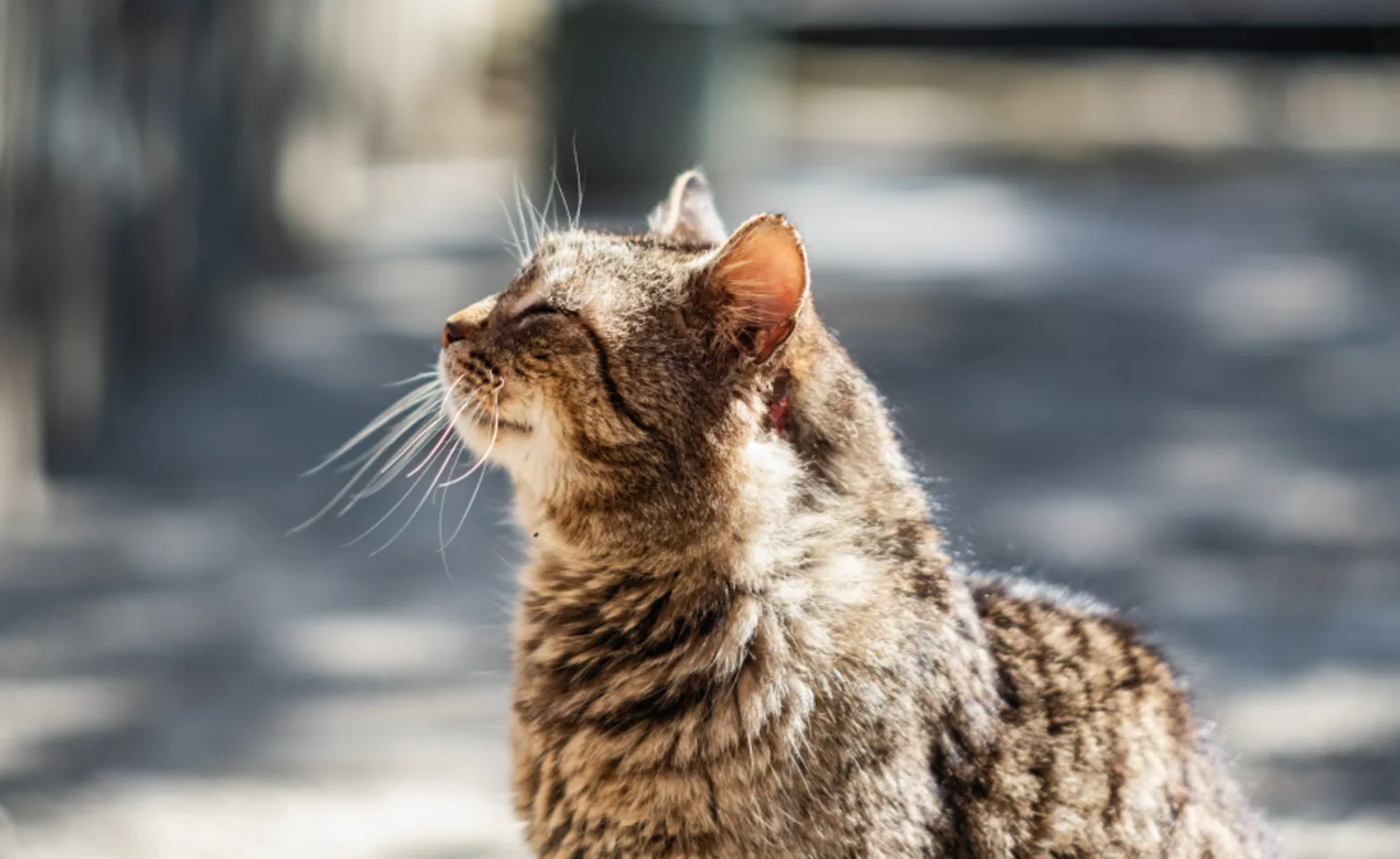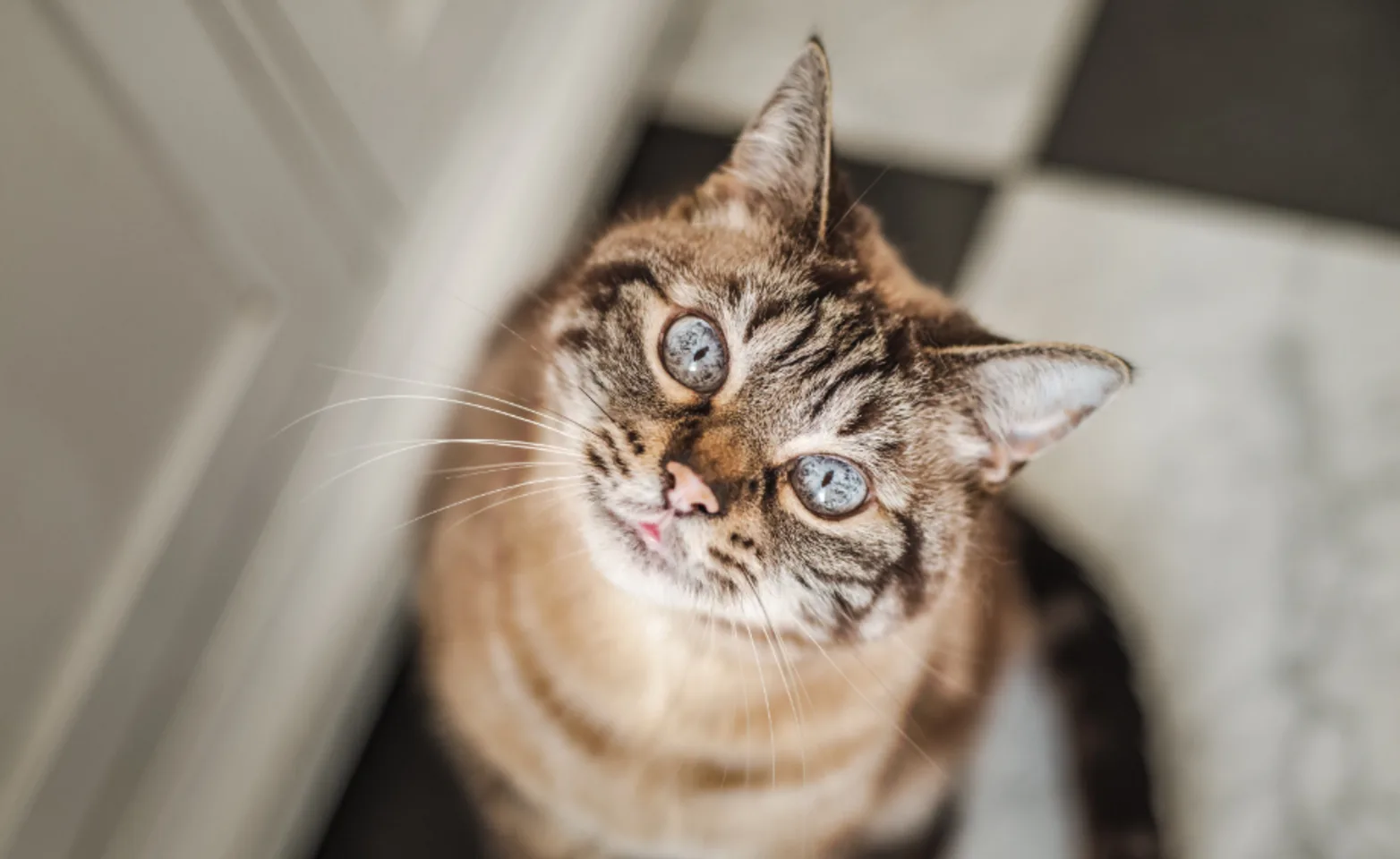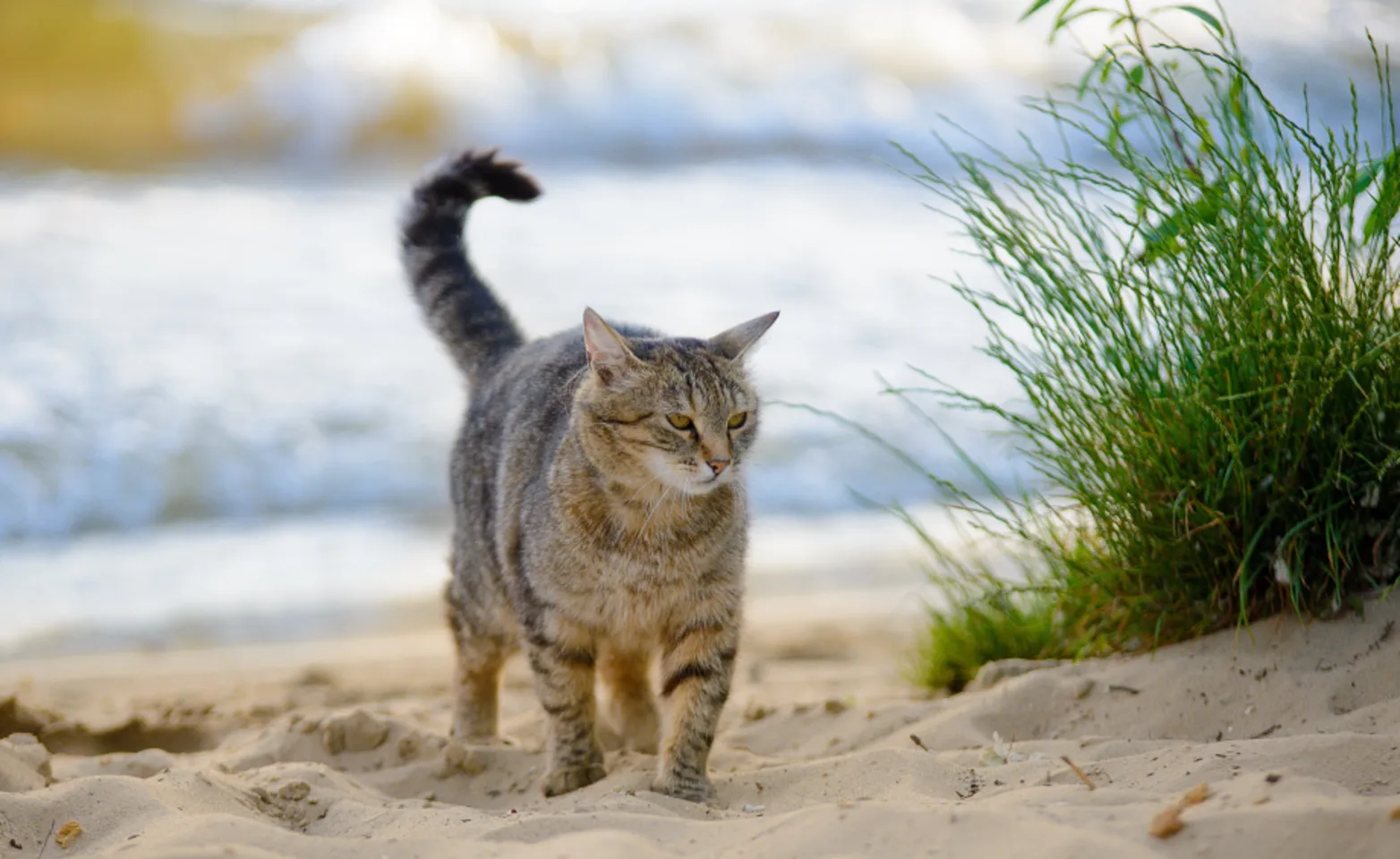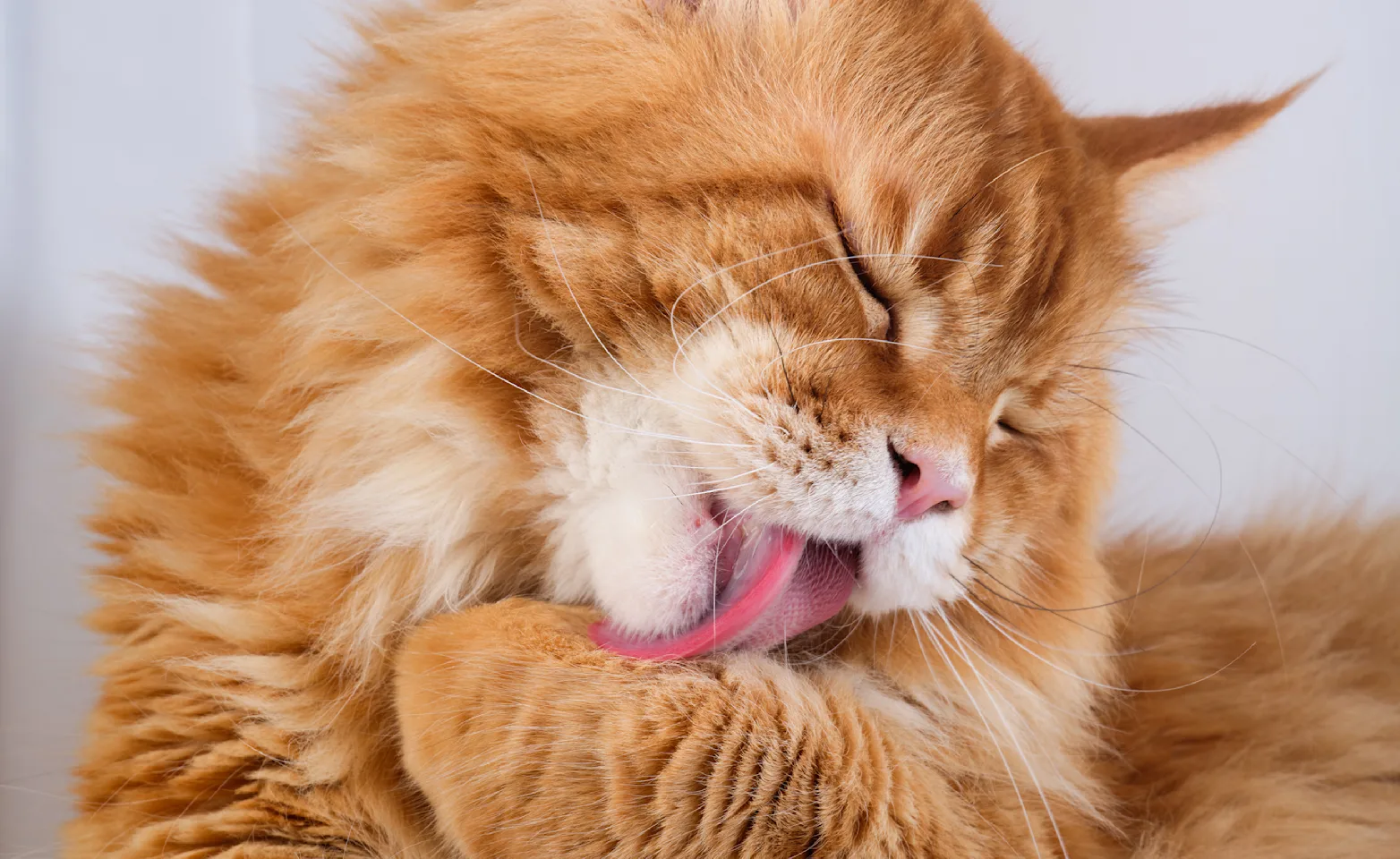Valley Veterinary Hospital

Senior Cat Health
The purpose of this article is to alert our clients about symptoms that may indicate the need for investigation into your senior pets health. "Slowing down" is not expected to happen due to age alone. The following are some common symptoms that might indicate your pet may have an aging organ system: weight loss or gain, drinking more water and the need to urinate more frequently and in larger volumes, chronic vomiting and/or diarrhea, harsher breathing or coughing, difficulty walking,changes in housebreaking habits and changes in vision or hearing. If you are interested in reading a more in-depth article about any of these medical conditions we are highlighting, go to VeterinaryPartner.com.

Hyperthyroidism
Hyperthyroidism is one of THE MOST common senior cat conditions. In the majority of cats, one or both thyroid glands develop a benign enlargement, whereby the glands secrete more and more of the active thyroid hormone - the hormone responsible for your metabolic rate. These cats cannot be accused of "slowing down" at all, as they are often quite hyperactive and restless. This condition causes a gradual weight loss, sometimes vomiting or diarrhea, increased drinking and increased vocalization. Because most cats with hyperthyroidism have an excellent to ravenous appetite, people often do not suspect that their aging cat has a medical condition. Due to the hypertension (high blood pressure) that develops with hyperthyroidism, however, damage to the heart, kidneys and eyes can occur. After diagnosis, the majority of cats can be managed with medical therapy, a medication called methimazole. A very small percentage will not tolerate oral medication, though, and these cats are then recommended for either surgery or a procedure called Iodine 131 Therapy. These last 2 options are usually encouraged for the younger senior patient as they have the chance for a complete cure of this condition.

Chronic kidney disease
Chronic kidney disease is another very common senior cat issue (also known as chronic renal failure or insufficiency). As kidneys age, they lose the functions they usually perform which include balancing the body's hydration and electrolytes, calcium and phosphorous balance, protein conservation, excretion of metabolic toxins, blood pressure regulation, red blood cell production. The symptoms a patient shows in the earliest stages may be subtle , usually just drinking a little more water than they used to. In the late stages of kidney disease, cats have usually had a steady decline with decreased activity, decreased grooming, weight loss from loss of appetite, weakness and loss of muscle mass and maybe some vomiting. Most of this information is similar for dogs. Once a blood panel and urinalysis has diagnosed chronic kidney disease, staging is done. A group called the International Renal Interest Society (IRIS)has set a protocol designed to help assess the degree of kidney impairment. Stage 1 is the earliest diagnosed stage of chronic kidney disease, and Stage 4 is the most advanced or end stage kidney failure.

A single assessment cannot tell how fast kidney disease is progressing, so we often reassess our patients every 4-6 months. The majority of patients just have aging kidneys, but making sure that high blood pressure or infection have not been involved in the kidney's loss of function, is important. A urine culture early in this process can be critical to diagnosing an infection. We can potentially reverse and/or treat hypertension or infection. Otherwise, our goal is to give our patients the best quality of life we can, and slow the progression of kidney disease. So, a patient diagnosed at IRIS stage 2-3 will most likely be prescribed a reduced or restricted protein diet. There is long standing data to show that reduced protein diets can slow the progression of kidney disease. There is no benefit to giving a reduced protein diet to a pet who does not have kidney disease, though. Besides dietary therapy, keeping a patient well hydrated can be achieved by adding water to dry and canned foods,encouraging more drinking with offering circulating water fountains or administering supplemental fluids subcutaneously. Sometimes potassium supplements, phosphate binders, acid reducers, and appetite stimulants are also given. The biggest complaint we hear from clients who are treating a cats with kidney disease is that their cats will not eat these low protein foods. Pet food companies like Hills, Royal Canin, and Purina have worked hard to create palatable diets and we offer quite a few options between these foods to discover which prescription diet is best accepted by our patients. Again, with early diagnosis and support with dietary and medical therapy, many patients will enjoy a good quality of life for months to years.
Quite a few of the common senior feline conditions can be diagnosed with a complete blood panel, T4 levels, and a urinalysis. Schedule an appointment for your senior pet today.
This condition is quite common among cats and in the male can create an emergency situation if the urethra becomes obstructed. Symptoms include: inappropriate urination, frequent or painful urination, bloody urine, and urinating small amounts. Interestingly, this condition has numerous causes and the causes tend to be different from young to older cats.

Years ago diet, ph created by diet, and or magnesium levels often were the culprit, but since the 80's commercial diets have corrected these issues, yet we still see the problem. In older cats we do see a significant amount caused by bacteria, some by stones, tumors, or other physical causes. In younger cats 50% show no cause in spite of extensive testing. This condition is often referred to as idiopathic cystitis. Idiopathic meaning we don't know the cause. We are currently thinking it may be a stress related condition. We urge you to learn more about this condition in the pet library from veterinary partner. We have included a direct link to the idiopathic cystitis topic in the pet library
